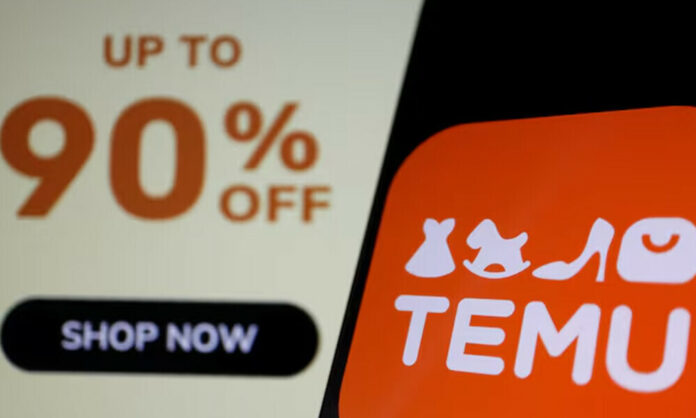BRUSSELS: Chinese online retailer Temu will be investigated over whether it may have breached rules aimed at preventing the sale of illegal products, EU tech regulators said on Tuesday, in a move which could lead to hefty fines for the company.
The EU investigation will also focus on the potentially addictive design of Temu’s service, including its game-like reward programmes, and its systems to recommend purchases to users.
The European Commission launched its probe under the Digital Services Act (DSA), which requires very large online platforms such as Temu to do more to tackle illegal and harmful content on their platforms, following complaints by pan-European consumersorganisation BEUC and 17 of its national members.
“There is a real kind of, you know, suspicion, that not enough is done, in an effective way, to really prevent the dissemination of illegal products. Rogue traders are reappearingwith different identities,” an EU official told reporters.
Temu, which has 92 million users in the 27-country European Union and is a unit of Chinese ecommerce giant PDD Holdings, said it will cooperate with regulators.
“Temu takes its obligations under the DSA seriously, continuously investing to strengthen our compliance system and safeguard consumer interests on our platform,” the company said in a statement.
The company also said it was in talks to join a voluntary EU initiative to counter the sale of counterfeit products.
The EU tech enforcer will also investigate whether Temu is complying with the DSA obligation to provide researchers access to its publicly accessible data.
“We want to ensure that Temu is complying with the Digital Services Act. Particularly in ensuring that products sold on their platform meet EU standards and do not harm consumers,” EU antitrust and tech chief Margrethe Vestager said in a statement.
Temu could face a fine of as much as 6% of its global turnover if found guilty of breaching the DSA.




